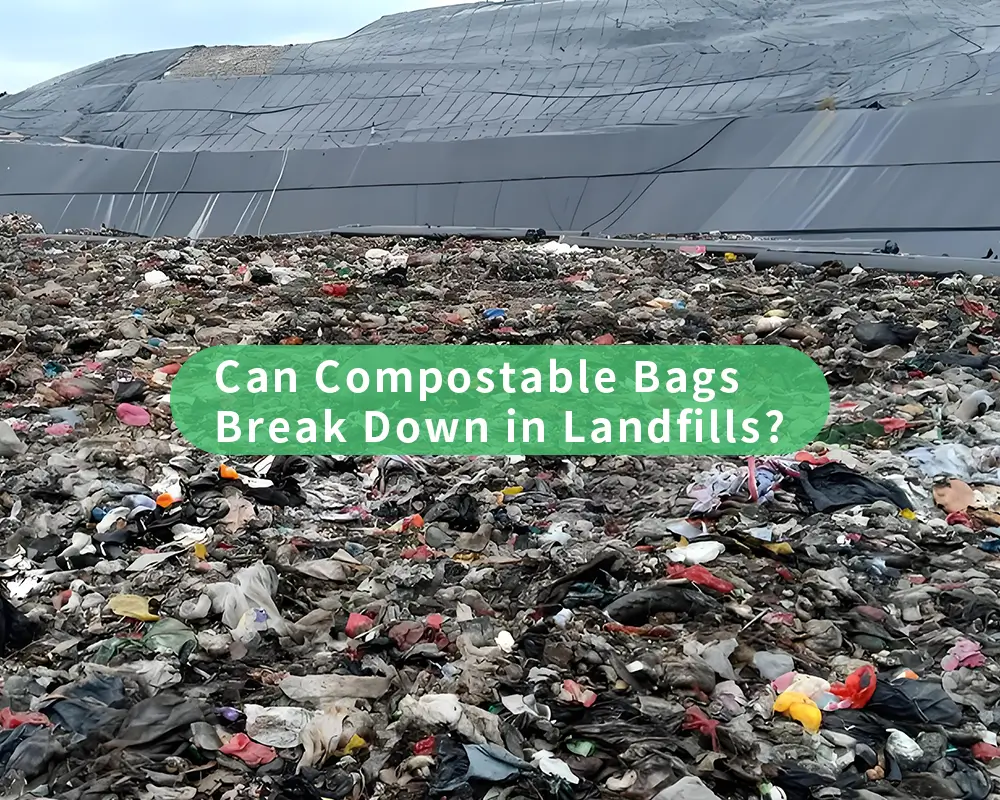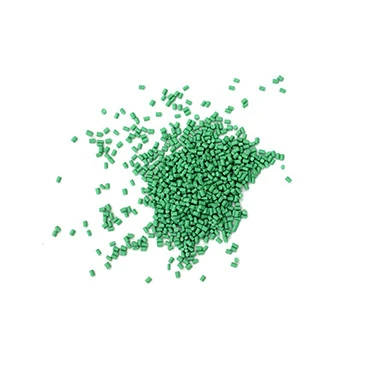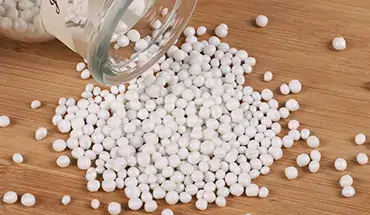
Imagine a scenario where rubbish bags, plastic bottles, and food waste continue to accumulate without proper processing, where these items simply pile up instead of being recycled or composted. Biodegradable and compostable bags are designed to decompose into natural components in degradation facilities, but their effectiveness in breaking down in a landfill setting remains uncertain.
How do Landfills Function?
Isolation: landfills reduce harm to the environment and isolate waste from groundwater, rainwater, and people and livestock.
Reducing sewage leachate: through effective impermeable systems and leachate collection and treatment systems, landfills can significantly reduce the risk to the surrounding environment.
Controlling waste-generated gases: the gas collection systems of landfills can collect gases generated during waste decomposition, such as methane and carbon dioxide, and use them as energy by burning or purifying them.
What Occurs to Organics in a Landfill?
In landfills, organic materials are ensnared between layers of trash, and oxygen, water, and aerobic bacteria are lacking. This results in anaerobic decomposition, during which methane—a potent greenhouse gas—is emitted. If not properly contained, these gases can escape into the atmosphere and significantly contribute to climate change.
Compost vs Landfills
Landfills are designed to confine waste rather than facilitate its decomposition. Conversely, composting creates optimal conditions for decomposition by introducing organic materials to microorganisms, moisture, and oxygen. This yields a nutrient-rich end product that benefits soil and plants.
In summary, landfills focus on containing waste, while composting aims to transform waste into a beneficial resource.
Learn more about composting on this page: https://biopakwell.com/composting/.
Do Biodegradable Bags Break Down in Landfills?
Although biodegradable plastics can decompose into natural substances like carbon dioxide, water, and biomass under ideal conditions, not all biodegradable materials will break down in the oxygen-poor environment of a landfill. Products labeled as “landfill biodegradable” are specifically designed to minimize environmental impact within these constraints.
Typically, the degradation cycle of biodegradable plastics is 3-6 months under suitable conditions. Since most landfills are essentially anaerobic due to their tight packing, any biodegradation that occurs is very slow.
Do Compostable Bags Break Down in Landfills?
There’s often confusion about the disparity between biodegradable and compostable plastics, prompting the question, “Do compostable bags also decompose in landfills?”
When you compost, organic matter doesn’t end up in the landfill. Whether opting for commercial composting or home composting, you’re utilizing a composting system. In a composting facility, specific settings of temperature, humidity, heat, air, and other environmental factors ensure the decomposition of these compostable bags.
We commonly refer to composting as aerobic composting, meaning the process requires sufficient oxygen. Aerobic composting doesn’t produce harmful components, whereas anaerobic composting does.
Due to landfill design, the organic food waste you discard becomes an anaerobic compost pile. It can’t breathe. As these compostable items decompose, they release methane, a greenhouse gas that degrades air quality and exacerbates global warming.
Hence, while biodegradable and compostable materials offer environmental benefits, their efficacy can vary significantly depending on disposal conditions.
Reducing, Reusing, Recycling: Optimal Solutions for Landfills
The call “Reduce, Reuse, Recycle” shows an effective strategy for waste management, minimizing the environmental impact of landfills.
By prioritizing reduction, individuals and organizations can significantly decrease the amount of waste they generate. This needs to change consumption habits and select products with less packaging or longer lifespans.
Reusing items extends their utility and decreases premature disposal, thereby reducing the need for new products, which, in turn, lessens resource extraction and energy consumption associated with manufacturing.
Recycling plays a key role in transforming waste into a valuable resource, maintaining materials in circulation rather than throwing them into landfills. Efficient recycling not only conserves natural resources but also reduces greenhouse gas emissions by curbing the extraction and processing of raw materials.
Collectively, these three practices—reduce, reuse, and recycle—include a comprehensive approach that not only alleviates pressure on landfills but also fosters a more sustainable interaction with the environment. Adhering to these principles collectively can significantly reduce the amount of waste, fostering a healthier planet and a more sustainable future.





